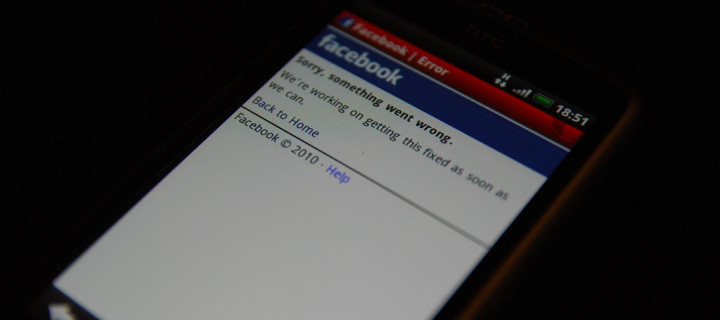
Has Facebook given up on real-time?
Increasingly, Facebook happens in ad breaks, whereas Twitter happens throughout a programme.
I was having a conversation this week about the future of Facebook for brands, and how their new ‘Facebook is a reach platform’ strategy will affect brands’ objectives. Aside from the wider question of whether Facebook is losing relevance in the youth market (it is, and becoming more business-focused and less user-focused can only accelerate that) it made me think about how we use the various platforms as consumers.
This got me thinking about second screening, and something a Twitter exec said recently, that “Twitter is the second screen”. I think this is somewhat underplaying the importance of Twitter in traditional media consumption – I don’t know anyone (apart from my dad, maybe) who doesn’t have Twitter open for at least some of, for instance, I’m a Celebrity. It’s become so prevalent and holds such attention among younger demographics that I think we can argue that TV is really the second screen to Twitter. The same isn’t true of Facebook – if anyone does update during the programme, it tends to be during ad breaks and as a broadcast, “weeing myself laughing at I’m a Celeb” etc. But what interests me is the way Twitter and Facebook, as two key social destinations, embrace their roles alongside mass media.
Twitter has always been a tool for joining conversations, and Facebook in its early days was angling for a similar role. Until very recently Facebook execs were telling brands that engagement is key; build a core fan base of engaged users to get the most out of Facebook and to use it in the way it was intended. Realistically, this has never been the best use of the platform. More recently, these same execs have switched track, and are now pushing brands to see Facebook as a reach platform – almost as a rival to ITV. This makes the platform more about marketing, certainly, but it doesn’t bode well for those end users who still use Facebook frequently (presumably someone still does) – this shift away from engagement and into pure reach can only damage the relevance of the platform in the long run, moving it further from the conversations that we have on, for instance, Twitter. To me, this sounds like Facebook attempting to go head to head with TV, competing for mass media attention and trying to change current end user behaviour which, as we know, is extremely difficult.
In contrast, Twitter has fully embraced its role as an addition to TV – it isn’t a competitor, it’s an enhancer. The show Gogglebox was popular in part because of that couple who were always pissed and gave us a good laugh but in part because we like talking about the things we’re watching, and seeing what everyone thinks of the minor celebrity squealing when they’re hit in the face with a bucket of cockroaches. Twitter has made moves recently to increase its relevance to TV, turning on TV targeting for its paid products and introducing keyword targeting earlier in the year to allow brands (and individuals) to promote their content during a TV show, based on Twitter users who are actually watching.
The platforms have inherently different uses and in reality Facebook has never been the destination of choice for real time conversation, but with the recent switch to focus on reach over engagement, it looks like they may have given up on it altogether.


Leave A Comment